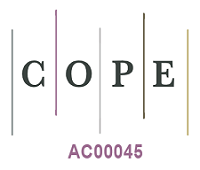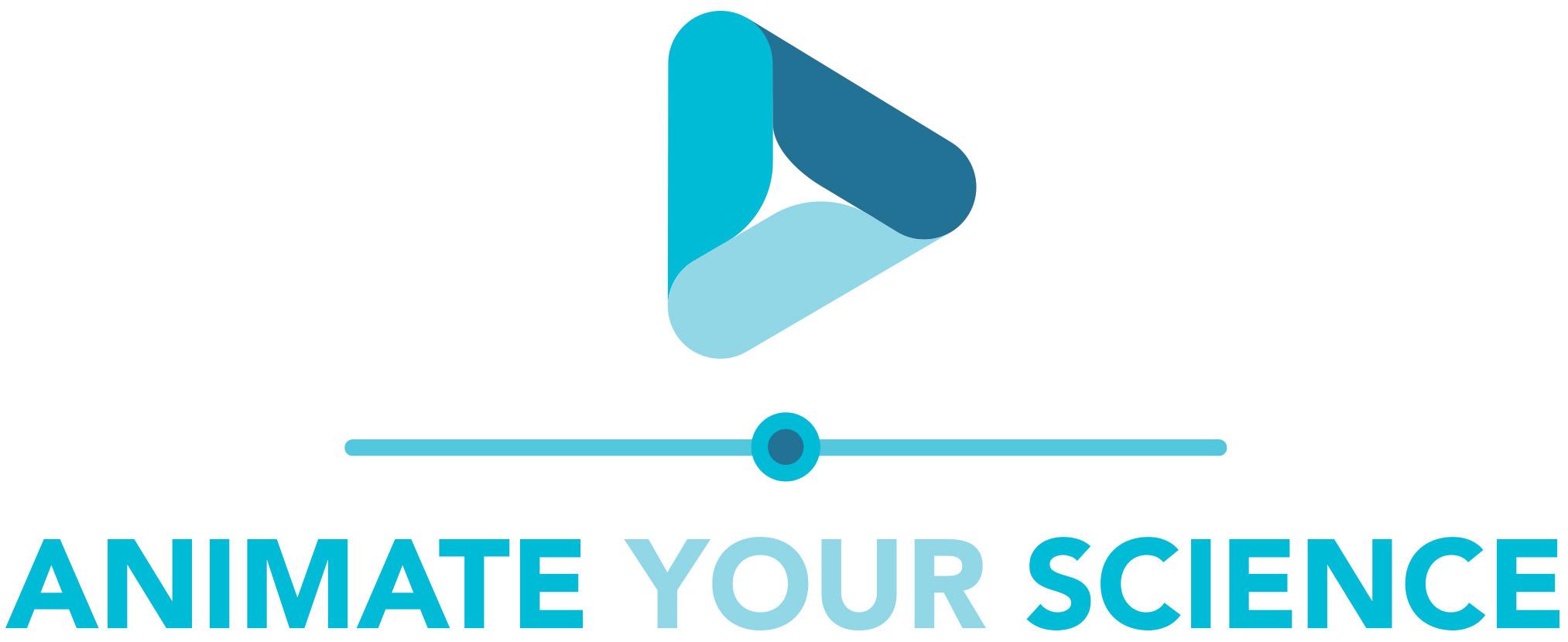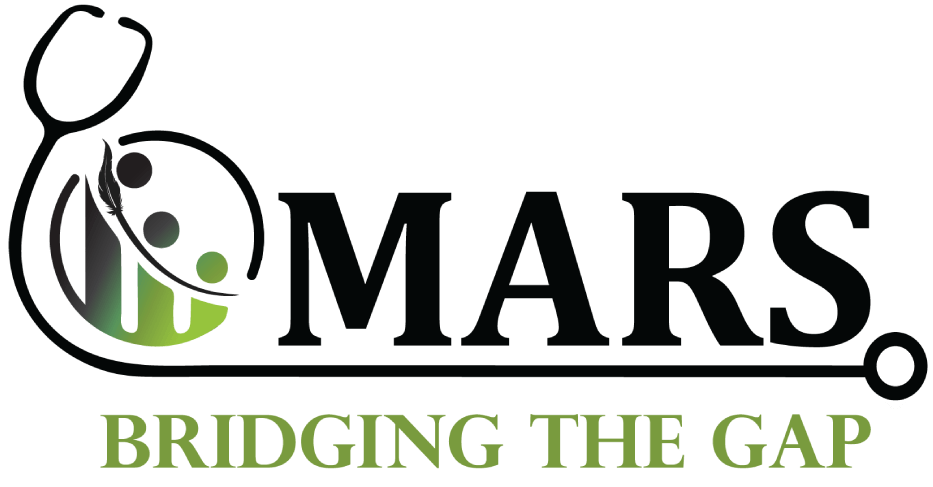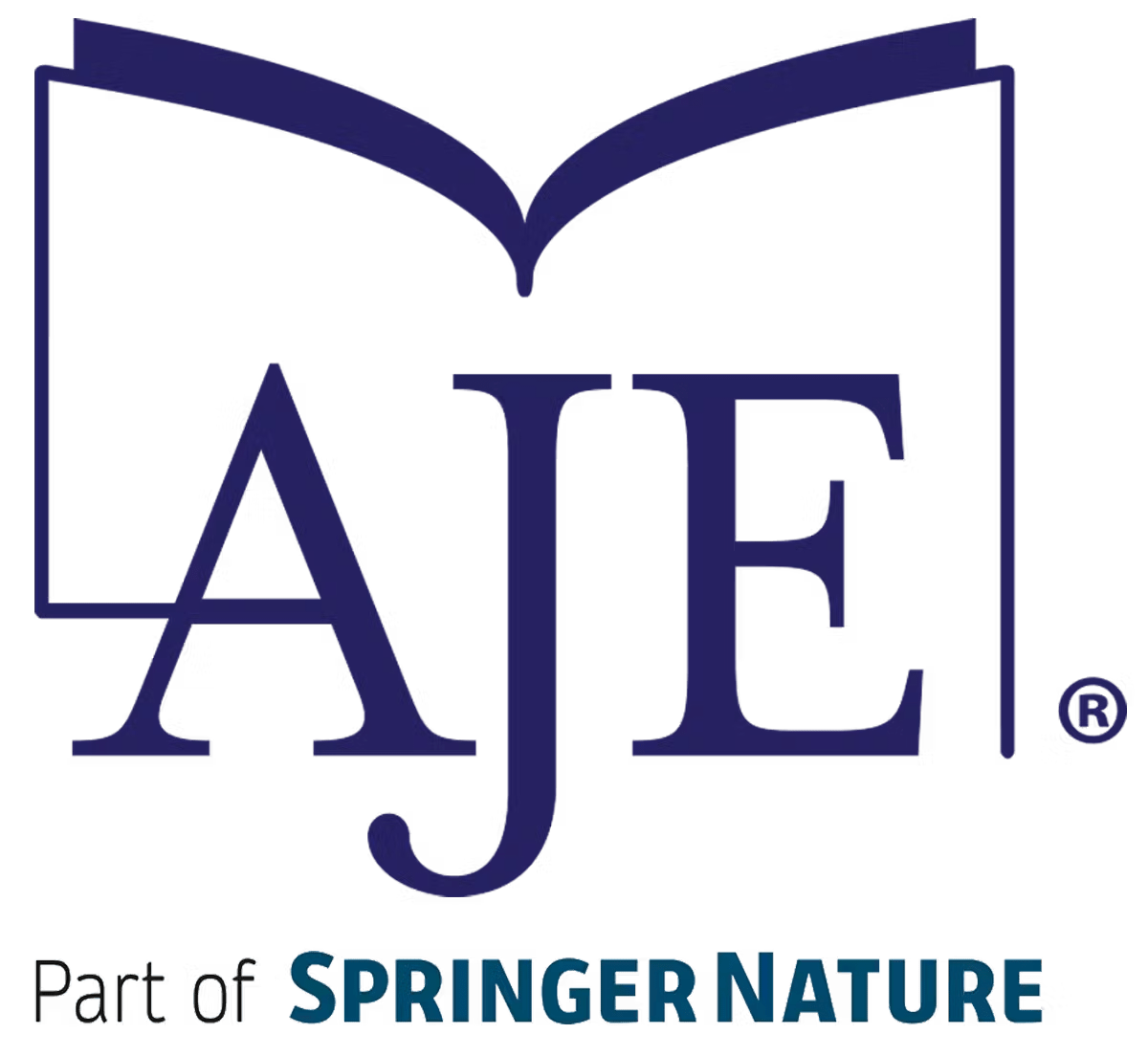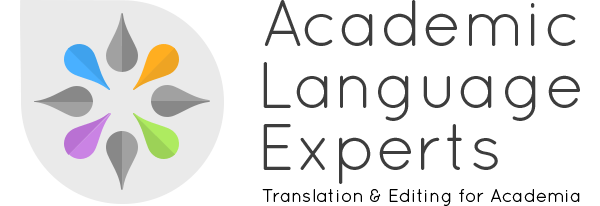Who Reviewer Credits Works With
In our commitment to being an accountable partner of the scientific community, we collaborate with professional associations, institutions, repositories, and other organizations that create value in scholarly communication and academic publishing.
Memberships
Committee on Publication Ethics (COPE)
As a member of the Committee on Publication Ethics (COPE), we encourage the adoption of The Core Practices, which have replaced the Code of Conduct since 2017, and are applicable to all parties involved in publishing scholarly literature: editors, journals, publishers, and institutions. The Core Practices should be considered alongside specific national and international codes of conduct for research and are not intended to replace these.
European Association of Science Editors (EASE)
Constantly listening to science editors’ needs and sharing our expertise on peer review, we are a member of the European Association of Science Editors (EASE) and took part to the 15th EASE General Assembly and Conference on the theme, “Promoting sustainability in scholarly publishing: the role of editors.”
EASE is one of the main international communities of editors, who are from diverse backgrounds and with vast professional experience, sharing an interest in science communication and editing.
ORCID
As a member of ORCID, we embrace its vision of “a world where all who participate in research, scholarship, and innovation are uniquely identified and connected to their contributions and affiliations across disciplines, borders, and time. (…) What may appear to be a humble alphanumeric string in fact offers crucial opportunities to engender.”
Asian Council of Science Editors (ACSE)
Established in 2010, The Asian Council of Science Editors (ACSE), comprises industry professionals and publishing experts committed to enriching the Asian scholarly publishing sector. By promoting best practices, establishing standardized editorial procedures, and sharing cutting-edge tools and insights, the Council strives to elevate regional publishing standards. It is committed to forging a dynamic network among individuals and organizations, fostering a community where members can harness collective wisdom for mutual growth and advancement.
San Francisco Declaration on Research Assessment (DORA)
We are a signatory of the Declaration on Research Assessment (DORA) which recognizes the need to improve the ways in which researchers and the outputs of scholarly research are evaluated. The Declaration was developed in 2012 during the Annual Meeting of the American Society for Cell Biology in San Francisco. It has become a worldwide initiative covering all scholarly disciplines and key stakeholders.
Reward Partners


